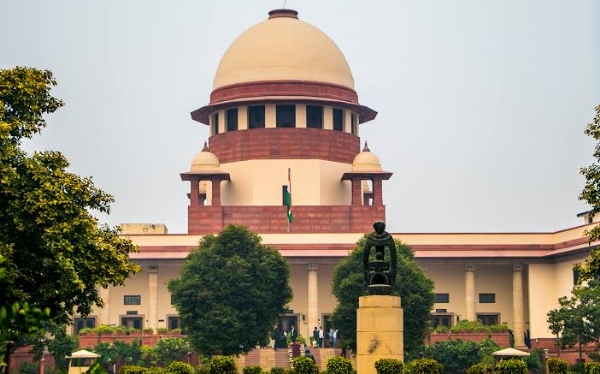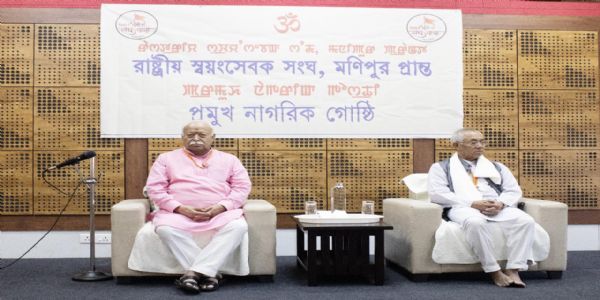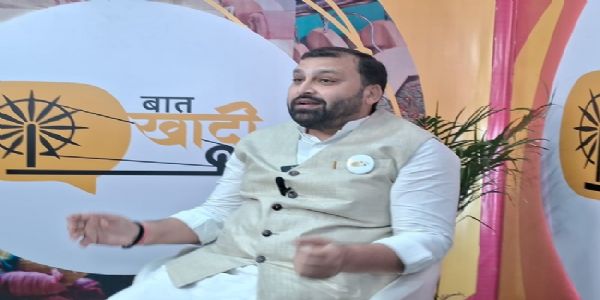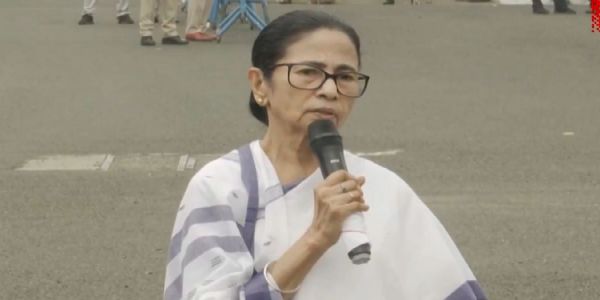
Delhi, 20 November (H.S.): A five-judge Constitution Bench of the Supreme Court on Thursday delivered a landmark opinion, ruling that a fixed timeline cannot be imposed on the President or state Governors for granting assent to bills passed by legislative assemblies.
However, the court unequivocally stated that Governors cannot withhold bills indefinitely, and in cases of prolonged delay, the judiciary can intervene.The bench, led by Chief Justice B.R. Gavai, clarified that while Governors must act within a reasonable timeframe, the concept of a deemed assent—where a bill is automatically considered approved after a certain period—is antithetical to the spirit of the Constitution and violates the doctrine of separation of powers.
Key Rulings
The Court made several crucial observations regarding the constitutional process under Article 200:
No Indefinite Delay: The judgment stressed that a Governor cannot sit on bills endlessly as such inaction would frustrate the legislative process and undermine elected governments.
Limited Judicial Review: If a Governor causes an excessive delay, the Supreme Court can exercise a limited power of judicial review to issue a directive for a decision to be made in a time-bound manner, without commenting on the bill's merits.
Constitutional Options: The court reiterated that a Governor has three options when a bill is presented: grant assent, withhold assent and return it to the assembly for reconsideration, or reserve it for the President's consideration.
The bench stated that simply withholding assent without returning the bill would derogate the principle of federalism.
Presidential Reference
The ruling was delivered on a Presidential Reference sent by President Droupadi Murmu under Article 143(1) of the Constitution, which allows the President to seek the Supreme Court's opinion on legal or constitutional matters. The reference posed 14 constitutional questions following an earlier two-judge bench ruling that had set specific deadlines for bill approvals.
The Constitution Bench, which also included Justices Surya Kant, Vikram Nath, A.S. Chandurkar, and P.S. Narasimha, heard the matter over ten days before reserving its opinion on September 11. The court's decision provides critical clarity on the roles and limitations of the executive in the legislative process.
---------------
Hindusthan Samachar / Jun Sarkar







